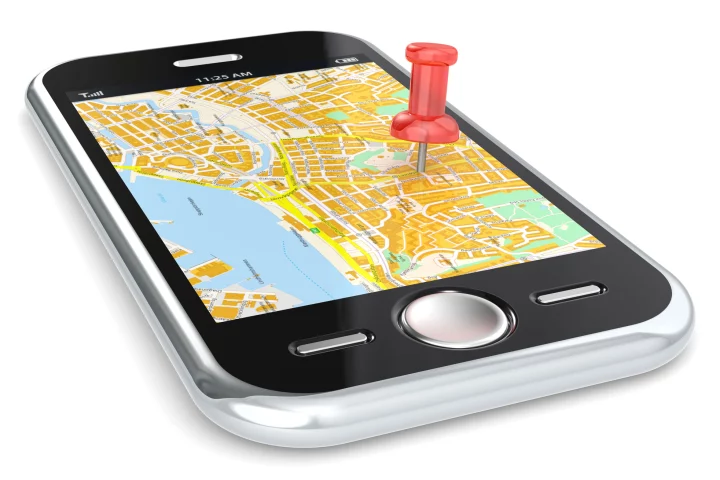Big data
-
Future data centers might switch to a storage medium that nature has been using for billions of years – DNA. In a major step towards making that a reality, scientists have created a new system of reading and organizing files using microcapsules.
-
A study is demonstrating the potential of a computer model using electronic health records to predict an individual’s risk of suicide . The proof-of-concept suggests the machine learning model may predict suicidal behavior up to two years in advance.
-
Google has released a series of COVID-19 Community Mobility Maps, utilizing location history data from users around the world to present insights into how social distancing measures are changing the way people move around local communities.
-
Microsoft and Warner Bros. have crammed the 1978 movie Superman onto a silica glass slide the size of a drink coaster. This tough new medium is designed to last centuries, surviving punishment that would ruin film or magnetic drives.
-
A new kind of genome analysis has been developed that combines a large volume of different genetic variants into a single polygenic risk score that can determine how likely a person is to develop a number of common diseases, including coronary artery disease and inflammatory bowel disease.
-
To handle the number-crunching that Big Data will need in the future, hard drive read and write speeds need to keep up with capacity gains. To that end, Seagate has now unveiled Multi Actuator technology, which will allow two sets of data to be written or read from the same drive at the same time.
-
This latest instalment in our series looking at the impact of digital technologies on the art world focuses on the ways artists are taking the torrent of big data being produced and transforming it into works of art.
-
Uber has aggregated over six years of trip data into a new website called Movement, which analyzes travel times and traffic across cities the ride-sharing company has been operating in.
-
Tham & Videgård took an unusual approach while designing a house that could be all things to all people. The firm analyzed data from 2 million Swedes – or an estimated 20 percent of the country's population – to help create what is billed as a new type of democratic architecture.
-
New York-based BioHitech has created the Eco Digester to help companies deal safely with their food waste, converting it into grey water that is then transported through standard sewer lines. BioHitech taps the power of big data to monitor and improve the performance of the units.
-
Our knowledge of the large-scale structure of the Universe continues to take shape. Moving forward requires attempts to squeeze subtle information from huge data sets, which can prove a dicey exercise. A case in point are the largest known structures in the Universe – large quasar groups.
-
IBM’s cognitive supercomputer Watson will be available to more end users than before, with an announcement today that puts Watson in the cloud. Through an API, application developers can access Watson’s skill at distilling big data into human meaning.
Load More











